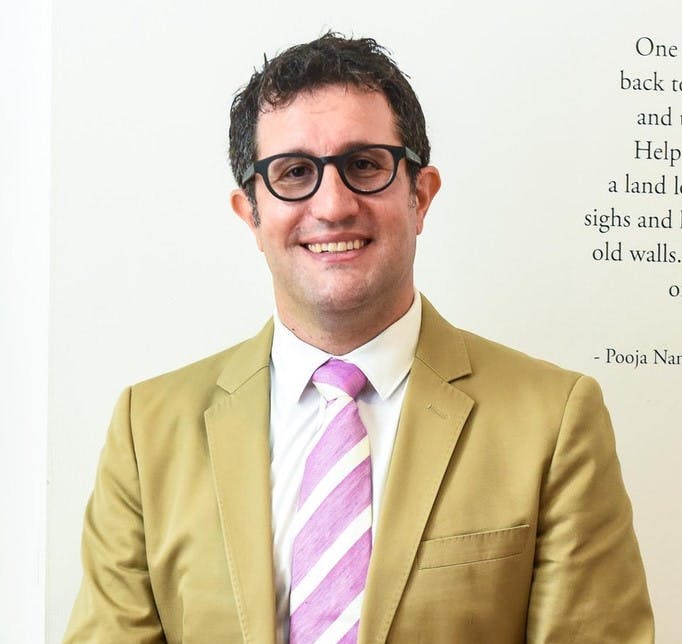In 2020, the Covid’s pandemic led to a resurgence in consumption of single-use plastic and crippled already strained systems for collecting, processing and recycling plastic in Asia Pacific.
To continue listening, subscribe to Eco‑Business.
There's something for everyone. We offer a range of subscription plans.
- Access our stories and receive our Insights Weekly newsletter with the free EB Member plan.
- Unlock unlimited access to our content and archive with EB Circle.
- Publish your content with EB Premium.
The low price of oil has sent virgin plastic prices tumbling, which in turn has hurt demand for recycled plastic, and put many recycling companies out of business.
This year will be about finding ways to revive the nascent circular economy for plastic, which according to a report commissioned by Circulate Capital in August, may have suffered permanent damage over the last year, as 40 per cent of recyclers in South and Southeast Asia have faced bankruptcy.
As much as anything, the region’s fragmented recycling industry needs investment to get back on its feet. One firm looking to inject capital into viable recycling businesses in South and Southeast Asia is Circulate Capital, a US$100 million fund backed by big plastic producers and users that launched in 2018.
“
10 million tonnes of waste goes into the ocean every year. That’s actually not too much. That’s a solvable problem.
Rob Kaplan, founder and CEO, Circulate Capital

Rob Kaplan, founder and CEO, Circulate Capital
Joining the Eco-Business Podcast to talk about how to jumpstart the circular economy in Asia is Circulate Capital’s founder and chief executive, Rob Kaplan.
Tune as we talk about:
- What went wrong in 2020 for the circular economy
- How have recyclers survived a ‘car-crash’ year?
- Should consumer goods companies also be recyclers?
- Do we need a plastic tax?
- Asia’s opportunity as a circular economy hub
Podcast production by Benjamin Wong













